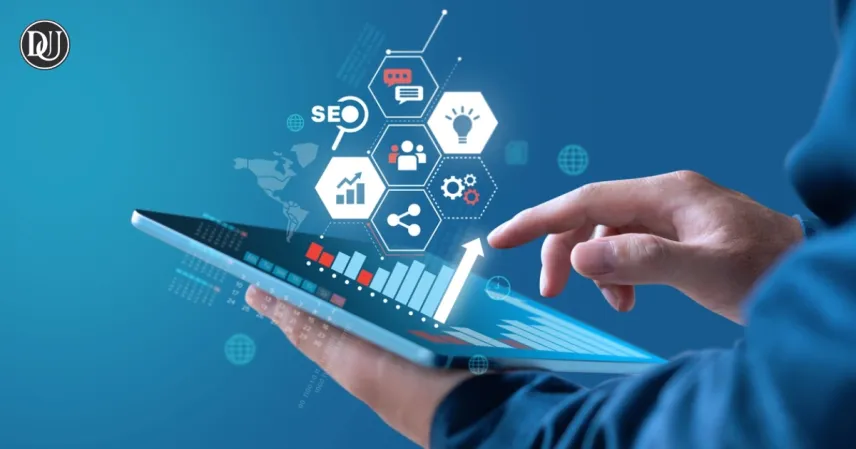Let’s be honest — technology has changed our lives in ways we couldn’t have imagined a few decades ago. For so many people across the world, especially in developing countries, the internet isn’t just about entertainment — it’s about opportunity.
📱 A student with nothing but a smartphone can now access free courses, build skills, and even land a remote job.
🎨 Creators and artists are finding their voice and audience online, turning hobbies into careers.
💬 Friends and families stay connected with just a tap, no matter the distance.
Even in day-to-day life, apps now help us navigate busy roads, find essentials, or keep our loved ones safer — especially the elderly. In hospitals, schools, small businesses, and even agriculture, digital tools are driving real progress.
😰 The Dark Side — When Tech Starts to Overstep
But, it’s not all sunshine and smartwatches.
While some of us feel more connected than ever, others are feeling overwhelmed, anxious, and even addicted. Constant notifications, doomscrolling, and the pressure of online validation are taking a quiet toll on mental health — especially among young people.
And let’s talk about algorithms. From news feeds to video suggestions, we’re often shown what we already agree with — creating digital echo chambers that can divide rather than unite.
Then there’s privacy. Every tap, swipe, and search adds to a growing pool of data that companies and systems track — sometimes without us even realizing. It’s hard not to wonder: how much of our digital lives are really ours?
⚖️ The Reality — Finding the Middle Ground
Here’s the truth: tech isn’t good or bad. It’s powerful. And like anything powerful, it depends on how we use it.
We need to be aware. Ask questions. Pause before clicking “accept all.” And most importantly, push for systems that protect, rather than exploit, our time, attention, and data.
Because when we use tech with intention, it truly becomes one of the greatest tools we have. But when we let it use us — that's when we need to stop and rethink.








